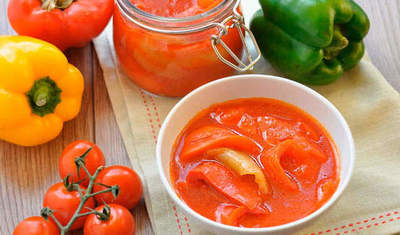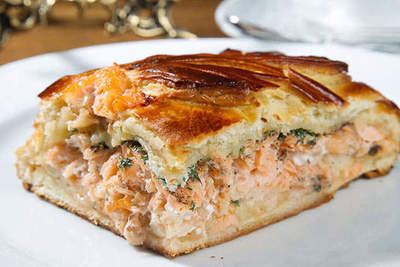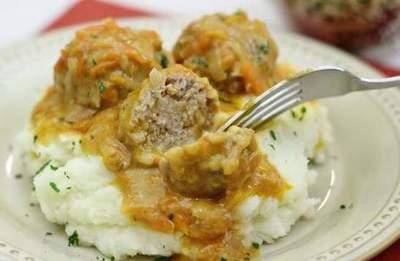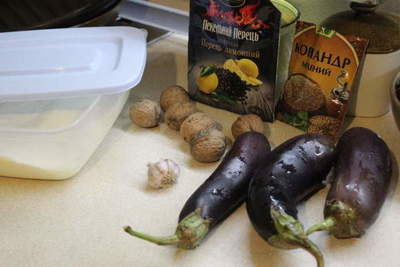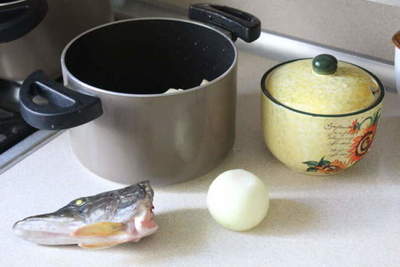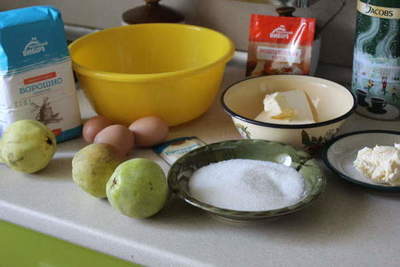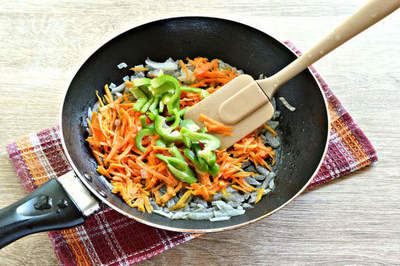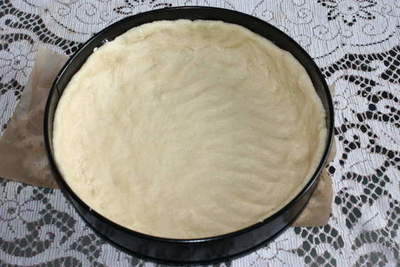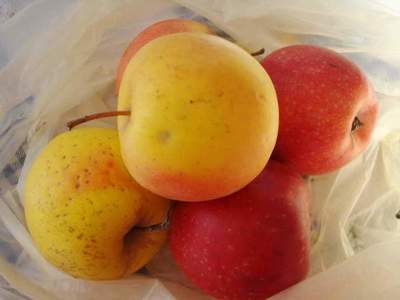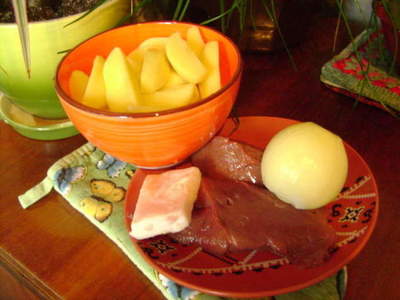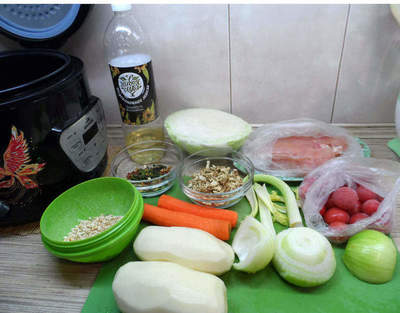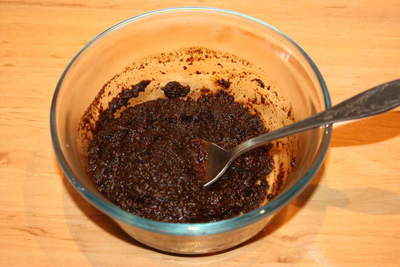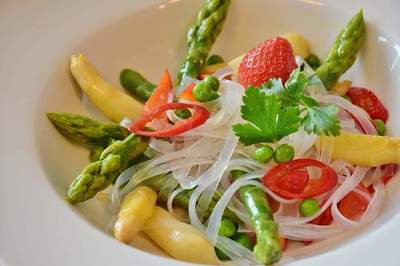How to eat in winter, not to hurt - video recipes at home
Garlic
Garlic is not for nothing called a natural antibiotic. It contains many useful substances, the most valuable being the allicin - the main active component responsible for its antimicrobial and antibacterial properties. Alice Ramsey, an expert in nutrition and a spokesman for the American Academy of Nutrition and Dietetics, says that their research has shown that people who frequently consume garlic and garlic seasoning, suffer far less than those who exclude this product from your diet.
"Garlic also helps to maintain a healthy intestinal flora, clearing the body of toxins, bacteria and viruses," - she said. In addition, nutrition experts and dietitians recommend eating fresh garlic the most common, but not its analogues in spices because of its active ingredients is much more effective. And although there is this product before work or important meetings will not work, garlic can be added to salads, sauces, side dishes and main courses, which are designed to dinner!
Chicken Soup
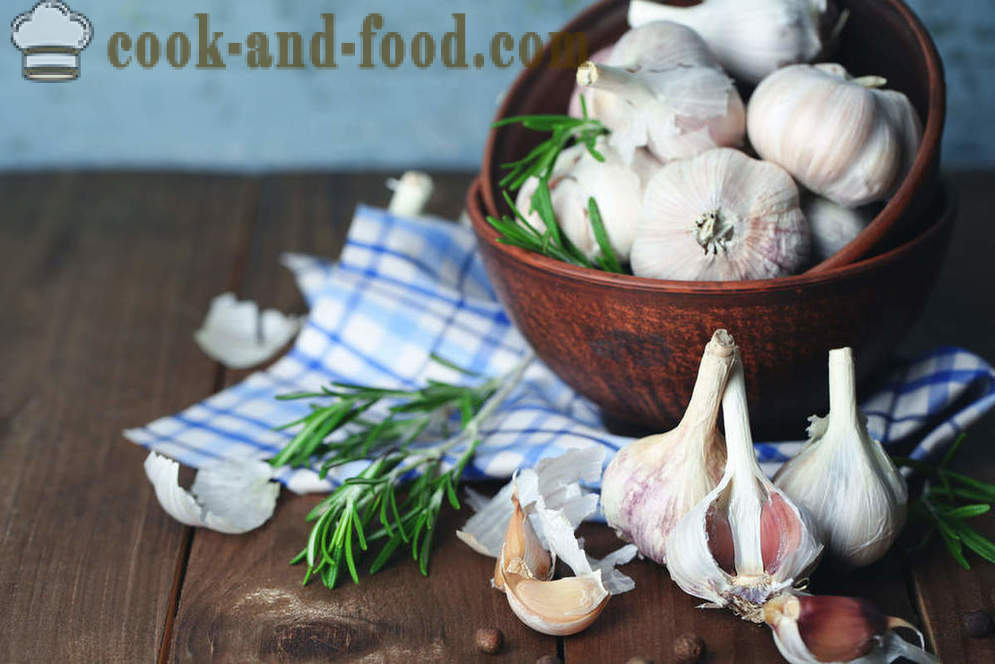
Many people from my childhood my grandmother said that if cold, to eat chicken soup. And they were right! Nutritionists confirmed the healing properties of this dish: it really accelerates recovery. Warm chicken soup, due to the high concentration of protein and vegetables, saturates supervitaminami weakened body, soothes the throat and helps prevent dehydration. Furthermore, during cooking of the chicken broth produced amino acid called cysteine, which is similar to a drug used to treat bronchitis. Yes and of itself a hot chicken soup raises the body temperature and respiratory tract, suspending mucus secretion. Here it is, a simple and effective winter dish from the cold! Fish

In winter, our bodies suffer from a lack of sunlight and vitamin D, which is one of the main "protectors" of colds and flu. Numerous studies conducted by specialists in the field of health and nutrition, found that people with normal vitamin D levels suffer from respiratory tract infections are much less likely than those who do it less than normal. You can fix this by using food. Include in the diet of foods rich in vitamin D, such as different types of fish: salmon, red salmon, tuna, sardines, and many others. Of course, in the winter to find fresh fish is not easy, but even frozen or canned form, it will be very useful.
Dairy products
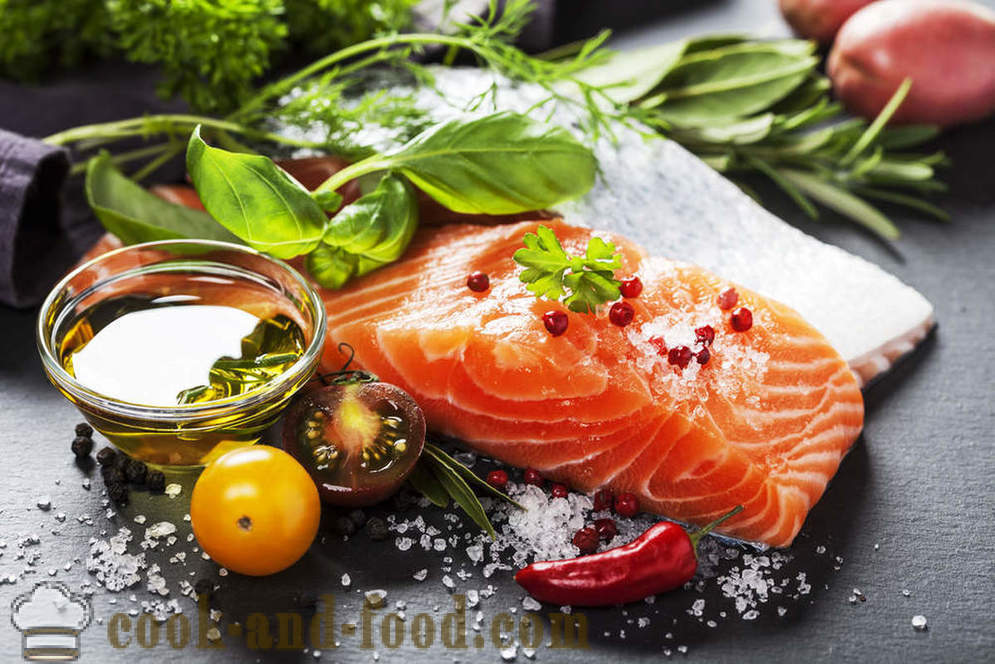
Dairy products must be in the winter menu! They are rich in probiotics and lactobacilli that help reduce the symptoms of flu and colds, and can protect the body from these diseases. When choosing yogurt, kefir or yogurt do not forget to look at the packaging and give preference to products that contain "living" and "active" laktokultury. And even better - to cook them yourself!
Citrus
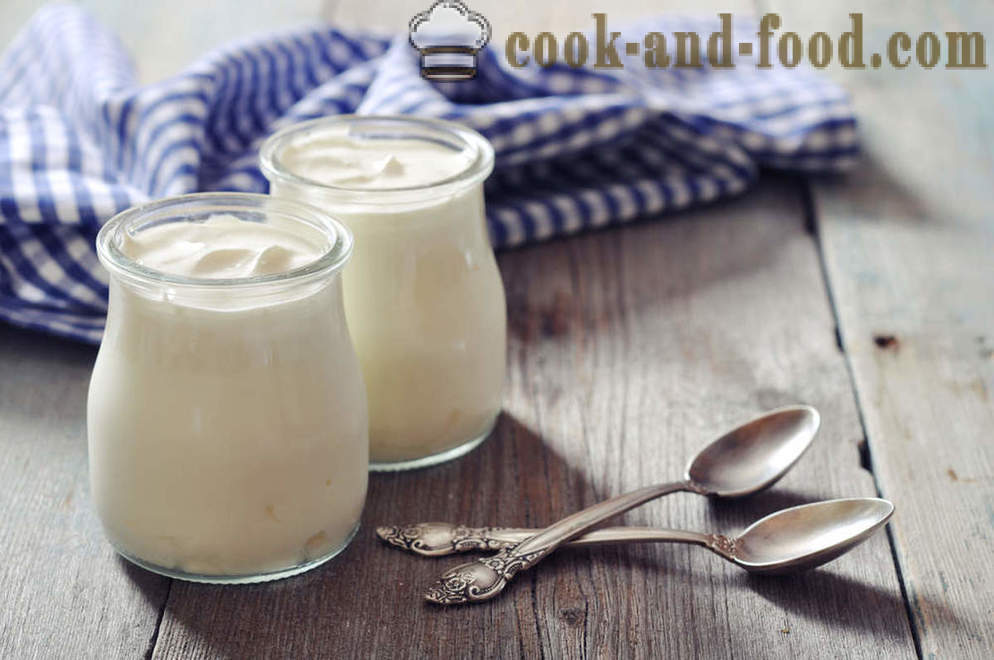
Approaching New Year, many associated with mandarin scent. It is these seasonal fruits are most often at our table in the cold season. They are bright, fragrant, tasty and very useful! However, other citrus fruits in these properties, they in no way inferior. Oranges, grapefruits, pomelo are also major sources of ascorbic acid. It participates in the formation of the immune system and protects the body from colds. So be sure to buy citrus: not afraid of the winter cold with them! These fruits can be eaten fresh, and add original salads, sauces and even hot food. Teas and herbal teas
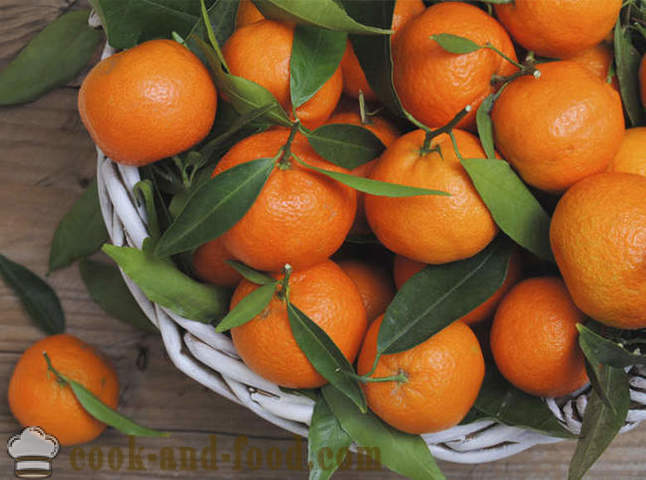
In the winter there is nothing better than a cup of tasty and fragrant hot tea! The most useful in the fight against colds think green, white and oolong tea. They contain large amounts of nutrients - antioxidants and flavonoids, which provide them with anti-viral properties. However, it is less tasty and healthy in the winter and a variety of teas of herbs: chamomile, lime, rosemary, sage and others. To avoid infection, you can also drink a decoction of rose hips. This is a real storehouse of vitamins, trace elements, organic acids, and the C vitamin, so necessary for us in the winter season!
Sauerkraut
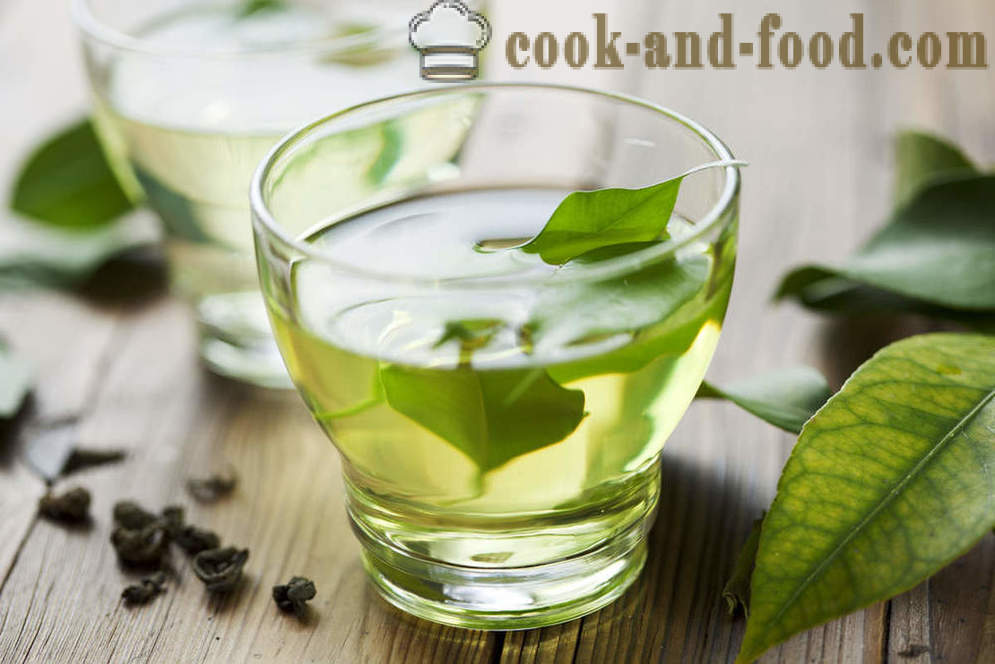
Shutterstock
Sauerkraut - a very tasty dish, without which it is hard to imagine a winter menu! It is appreciated not only for its taste, but also the benefit that gives the body. The fact that under natural leaven to cabbages a large amount of vitamins, in particular ascorbic acid and probiotics. These substances protect the body from colds and infectious diseases. So if you have not yet managed to make winter harvesting of cabbage, it is now - it's time for this!































